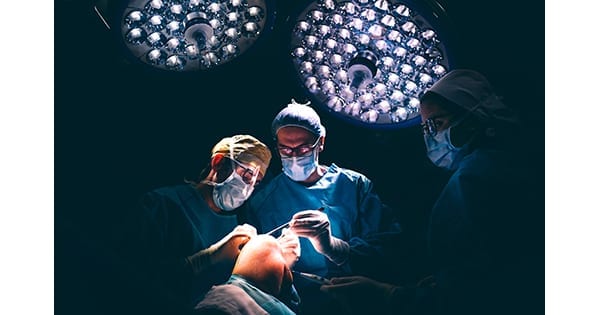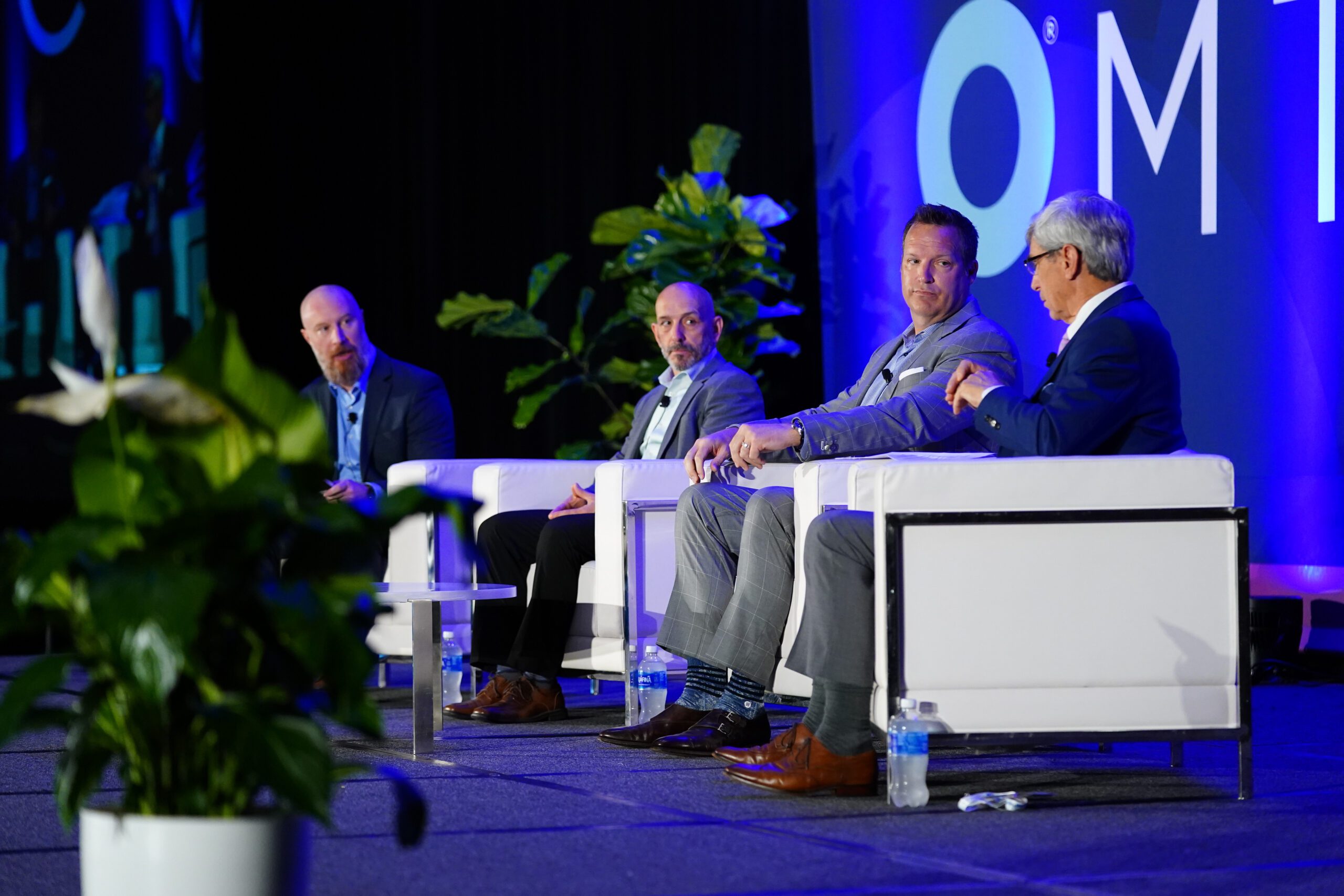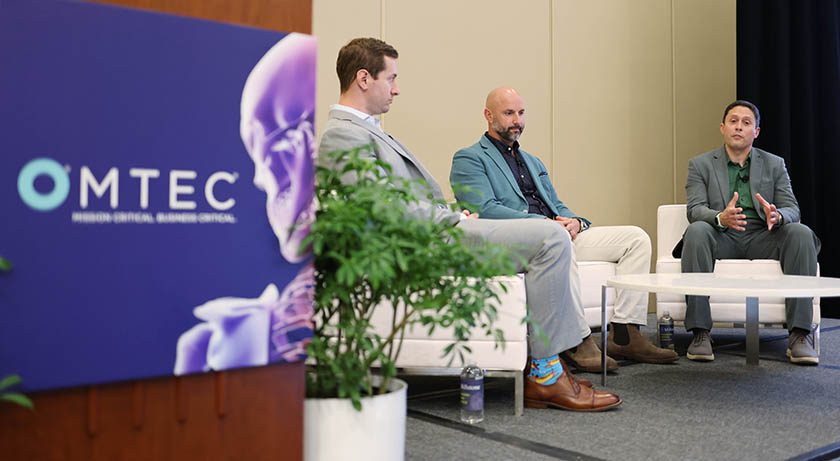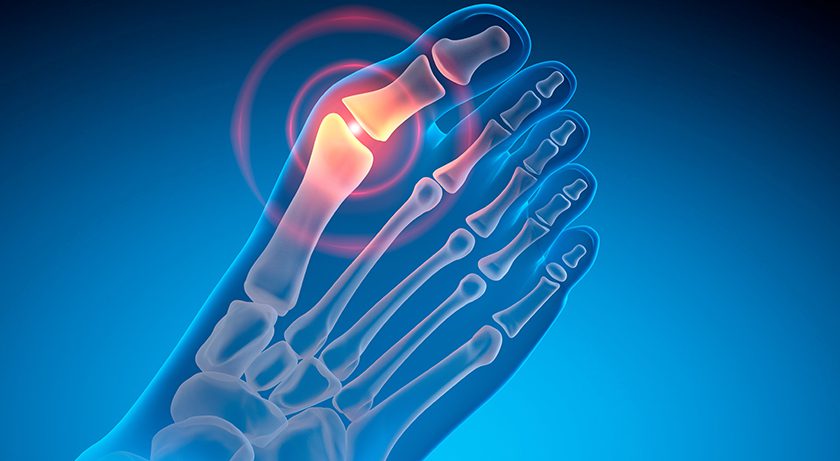

 Copy to clipboard
Copy to clipboard 
While the uptick in elective procedures has created optimism in orthopedics, COVID-19’s profound and multilayered effect on orthopedic surgeons will continue. Orthopedic device companies need to understand that the surgeons they serve are on the cusp of significant change.
“It’s a bit deceptive because we’re seeing teams come out of this almost excited, saying how well they’re pulling together during the crisis. The problems that existed for orthopedic surgeons before are still going to be there, with the addition of new challenges. I expect quite a bit of frustration,” said J3Personica’s President Bryan Warren. As orthopedic surgeons come back “online,” as Warren said, there will be a host of new obstacles ahead of them, including new COVID-related policies, procedures and restrictions. “On top of the challenging new work environment they’re headed into, they have an immense amount of emotional trauma to handle. It’s not going to be easy.”

Bryan Warren, President, J3Personica
Formerly a Vice President for the consulting division of Zimmer Orthopaedics, Warren now helps surgeons become more effective leaders by teaching interpersonal skills that are lacking in many traditional healthcare settings. “Everything we normally preach about surgeon leadership – building relationships, emotional intelligence, communication – has never been more important,” said Warren.
Orthopedic Surgeon Job Security
No orthopedic surgeon will be left untouched by the pandemic. From those who are leery of working in hospitals out of fear of inadvertently infecting their families to those with private practices who suddenly find themselves on shaky financial footing, Warren said that COVID-19 will have an indelible impact on orthopedic surgeon teams moving forward. Healthcare has long been viewed as one of safest industries from a job security standpoint, but the unique suddenness and severe nature of this economic downturn are bound to put some orthopedic surgeons’ careers at risk, said Warren.
“Most orthopedic surgeons have been out of the game for the last couple of months, and those in private practice haven’t been making any money. Surgeons usually never have to worry about the job market or not getting paid, but now some are being forced to take pay cuts, go on furlough or even get laid off. As things pick up again, a small percentage of orthopedic surgeons will find that they have very uncertain futures.”
Orthopedic Surgeon Leadership Skills
Orthopedic surgeons who are intent on weathering the pandemic must prioritize interpersonal and dynamic leadership skills, said Warren. While hospitals previously might have let disruptive orthopedic surgeons remain in their roles because they generated revenue, COVID-19 is likely to force healthcare administrators to prioritize surgeons who actively display collaboration and communication skills.
“What we’re telling surgeons is that the traditional autocratic leadership style of telling people what to do isn’t going to work in this crisis,” Warren said. To illustrate his point, Warren used an example of a conversation he recently had with a surgeon. “He told me that COVID had been the perfect reminder that his job isn’t to go into the operating room and make all the right decisions. As a leader, his job is to empower and enable his team to find solutions and do their best.”
“The organizations that prioritized leadership and team-building skills before are the ones that are faring the best right now,” Warren said. “We’re hearing from some of the orthopedic surgeon teams we’ve worked with over the past two years that the interpersonal skill development work we’ve done with them has helped them to display attributes that were absolutely needed during this crisis.”
Leadership skills ranging from healthy and productive ways to give feedback to creating environments that support opposing perspectives that are taught to surgeons can also help orthopedic device professionals in their work during COVID-19.
Orthopedic Device Professionals’ Role
Warren stressed the importance of orthopedic device professionals displaying understanding and empathy for the surgeons with which they work. “Whether they admit it or not, they’re exhausted, traumatized and anxious,” he said of surgeons.
Orthopedic surgeons with whom device companies have worked for years or even decades are facing a crisis. While companies might be tempted to adopt a business-as-usual approach in working with orthopedic surgeons, Warren said that investing in relationships is paramount during the pandemic.
With device company professionals facing their own COVID-related struggles, some might find it difficult to summon the emotional energy needed to find compassion and extra patience for their orthopedic surgeons. But those who do will enjoy closer bonds, increased trust and more productive relationships, Warren said.
Patrick McGuire is an ORTHOWORLD Contributor.
While the uptick in elective procedures has created optimism in orthopedics, COVID-19’s profound and multilayered effect on orthopedic surgeons will continue. Orthopedic device companies need to understand that the surgeons they serve are on the cusp of significant change.
“It’s a bit deceptive because we’re seeing teams come out of this...
While the uptick in elective procedures has created optimism in orthopedics, COVID-19’s profound and multilayered effect on orthopedic surgeons will continue. Orthopedic device companies need to understand that the surgeons they serve are on the cusp of significant change.
“It’s a bit deceptive because we’re seeing teams come out of this almost excited, saying how well they’re pulling together during the crisis. The problems that existed for orthopedic surgeons before are still going to be there, with the addition of new challenges. I expect quite a bit of frustration,” said J3Personica’s President Bryan Warren. As orthopedic surgeons come back “online,” as Warren said, there will be a host of new obstacles ahead of them, including new COVID-related policies, procedures and restrictions. “On top of the challenging new work environment they’re headed into, they have an immense amount of emotional trauma to handle. It’s not going to be easy.”

Bryan Warren, President, J3Personica
Formerly a Vice President for the consulting division of Zimmer Orthopaedics, Warren now helps surgeons become more effective leaders by teaching interpersonal skills that are lacking in many traditional healthcare settings. “Everything we normally preach about surgeon leadership – building relationships, emotional intelligence, communication – has never been more important,” said Warren.
Orthopedic Surgeon Job Security
No orthopedic surgeon will be left untouched by the pandemic. From those who are leery of working in hospitals out of fear of inadvertently infecting their families to those with private practices who suddenly find themselves on shaky financial footing, Warren said that COVID-19 will have an indelible impact on orthopedic surgeon teams moving forward. Healthcare has long been viewed as one of safest industries from a job security standpoint, but the unique suddenness and severe nature of this economic downturn are bound to put some orthopedic surgeons’ careers at risk, said Warren.
“Most orthopedic surgeons have been out of the game for the last couple of months, and those in private practice haven’t been making any money. Surgeons usually never have to worry about the job market or not getting paid, but now some are being forced to take pay cuts, go on furlough or even get laid off. As things pick up again, a small percentage of orthopedic surgeons will find that they have very uncertain futures.”
Orthopedic Surgeon Leadership Skills
Orthopedic surgeons who are intent on weathering the pandemic must prioritize interpersonal and dynamic leadership skills, said Warren. While hospitals previously might have let disruptive orthopedic surgeons remain in their roles because they generated revenue, COVID-19 is likely to force healthcare administrators to prioritize surgeons who actively display collaboration and communication skills.
“What we’re telling surgeons is that the traditional autocratic leadership style of telling people what to do isn’t going to work in this crisis,” Warren said. To illustrate his point, Warren used an example of a conversation he recently had with a surgeon. “He told me that COVID had been the perfect reminder that his job isn’t to go into the operating room and make all the right decisions. As a leader, his job is to empower and enable his team to find solutions and do their best.”
“The organizations that prioritized leadership and team-building skills before are the ones that are faring the best right now,” Warren said. “We’re hearing from some of the orthopedic surgeon teams we’ve worked with over the past two years that the interpersonal skill development work we’ve done with them has helped them to display attributes that were absolutely needed during this crisis.”
Leadership skills ranging from healthy and productive ways to give feedback to creating environments that support opposing perspectives that are taught to surgeons can also help orthopedic device professionals in their work during COVID-19.
Orthopedic Device Professionals’ Role
Warren stressed the importance of orthopedic device professionals displaying understanding and empathy for the surgeons with which they work. “Whether they admit it or not, they’re exhausted, traumatized and anxious,” he said of surgeons.
Orthopedic surgeons with whom device companies have worked for years or even decades are facing a crisis. While companies might be tempted to adopt a business-as-usual approach in working with orthopedic surgeons, Warren said that investing in relationships is paramount during the pandemic.
With device company professionals facing their own COVID-related struggles, some might find it difficult to summon the emotional energy needed to find compassion and extra patience for their orthopedic surgeons. But those who do will enjoy closer bonds, increased trust and more productive relationships, Warren said.
Patrick McGuire is an ORTHOWORLD Contributor.

You are out of free articles for this month
Subscribe as a Guest for $0 and unlock a total of 5 articles per month.
You are out of five articles for this month
Subscribe as an Executive Member for access to unlimited articles, THE ORTHOPAEDIC INDUSTRY ANNUAL REPORT and more.
PM
Patrick McGuire is an ORTHOWORLD Contributor.







